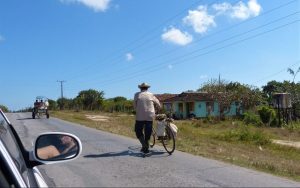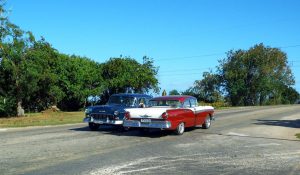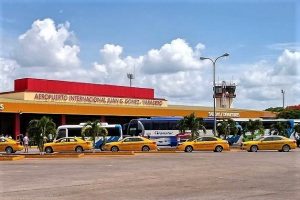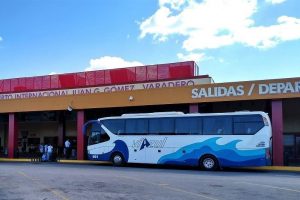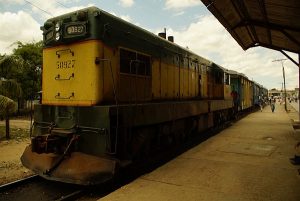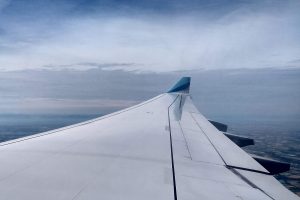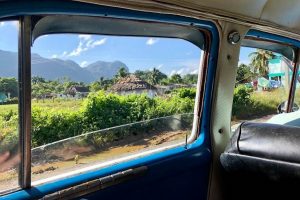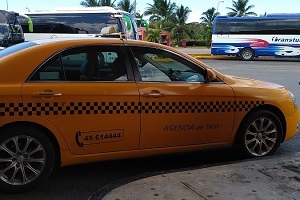Traffic, Regulations & Police
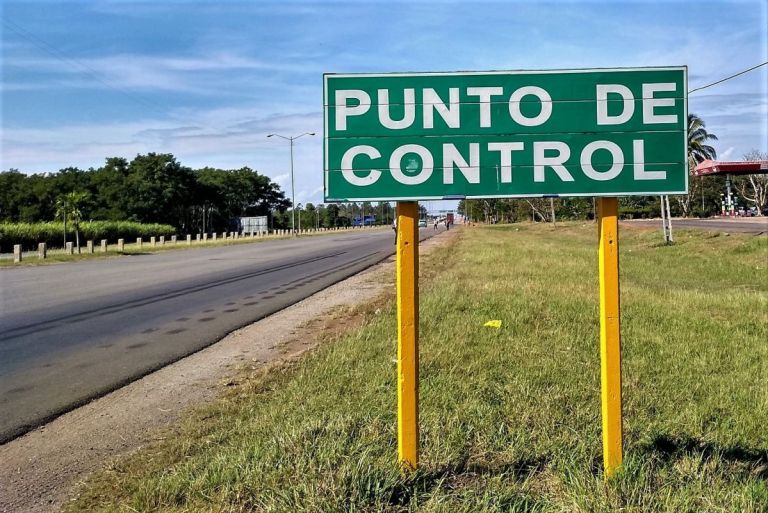
Updated: Dec 19, 2022
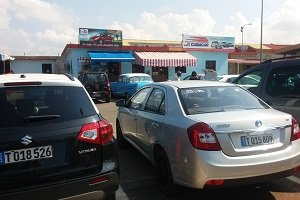
In Cuba right-hand traffic applies. The rules and signs are quite simple to understand and mostly correspond to the international standards. Many vintage cars do not have seat belts, even though it is officially required. Rental cars have seat belts, which you can use in your own interest. In general is driving in Cuba very relaxed, but there are some aspects drivers should keep in mind while on the track.
Unless otherwise indicated, the speed limits are:
- 100 km/h on highways
- 80 km/h on federal roads
- 60 km/h on country roads
- 50 km/h in towns
- 40 km/h in front of schools and playgrounds
The first rule is always to drive slow and carefully. Cubans usually do it with discipline, respect red lights and watch out for other cars. Also, you won’t experience any aggressive honking or shoving in Cuba. Honking is mostly done only for pretty ladies...
Traffic rules are generally obeyed; vehicles generally have priority over walkers. Drivers regularly use hand signals to communicate. For example, if the blinkers are missing or broken, the arm is used to indicate turns.
You should do the same as Cubans and drive not only according to the rules, but always with your eyes wide open. Driving in Cuba means, that at any moment you have to expect a sudden braking maneuver. The reason may be, that you can run into bumps, animals, cyclists, horse-drawn carriages or strollers in the middle of the street.
Yes, a particularly large amount of accidents has happened because of cows standing in the middle of the street. The risk exists not only on secondary routes, but also on the highway.
But besides the risk of having a cow on your way there is hardly any traffic outside the metropolitan areas. Not far from Havana, the only highway in Cuba, the so-called Autopista Nacional, has so little traffic, that drivers just cross the four lane highway to turn around.
Police control points
Along the main routes, you’ll cross several police check-points. Frequently, also mobile controls can be observed, which regularly have speed and alcohol checks as their object. Some oncoming drivers will warn you of such checks by flashing the lights or by a hand signal.
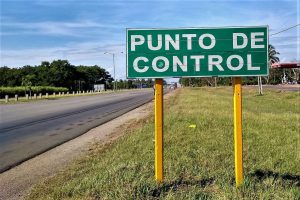
Checkpoints along the route
Foreign in rental cars are usually not checked, at least not without a clear reason. The main purpose of the controls is to prevent the black market, cab license compliance, driver's license, alcohol and speed controls.
Never drink and drive in Cuba. There is a strict zero-tolerance policy when it comes to alcohol in traffic. The drinking ban also applies to passengers, for them is also forbidden the consumption of alcohol.
Besides mobile controls, there are also stationary checkpoints, that are located at the borders of the provinces. It is important that all vehicles have to reduce their speed when passing the checkpoints.
If anyone with a rental car gets a ticket, a note will be written on the contract. The ticket must be paid at the latest, when the vehicle is returned. If anyone gets hurt in an accident, the driver of the rental car have to stay in the country until the injured person is healed, or until the legal proceedings are completed.
